- Category
- War in Ukraine
The Collective Effort of Clearing the Black Sea from Mines
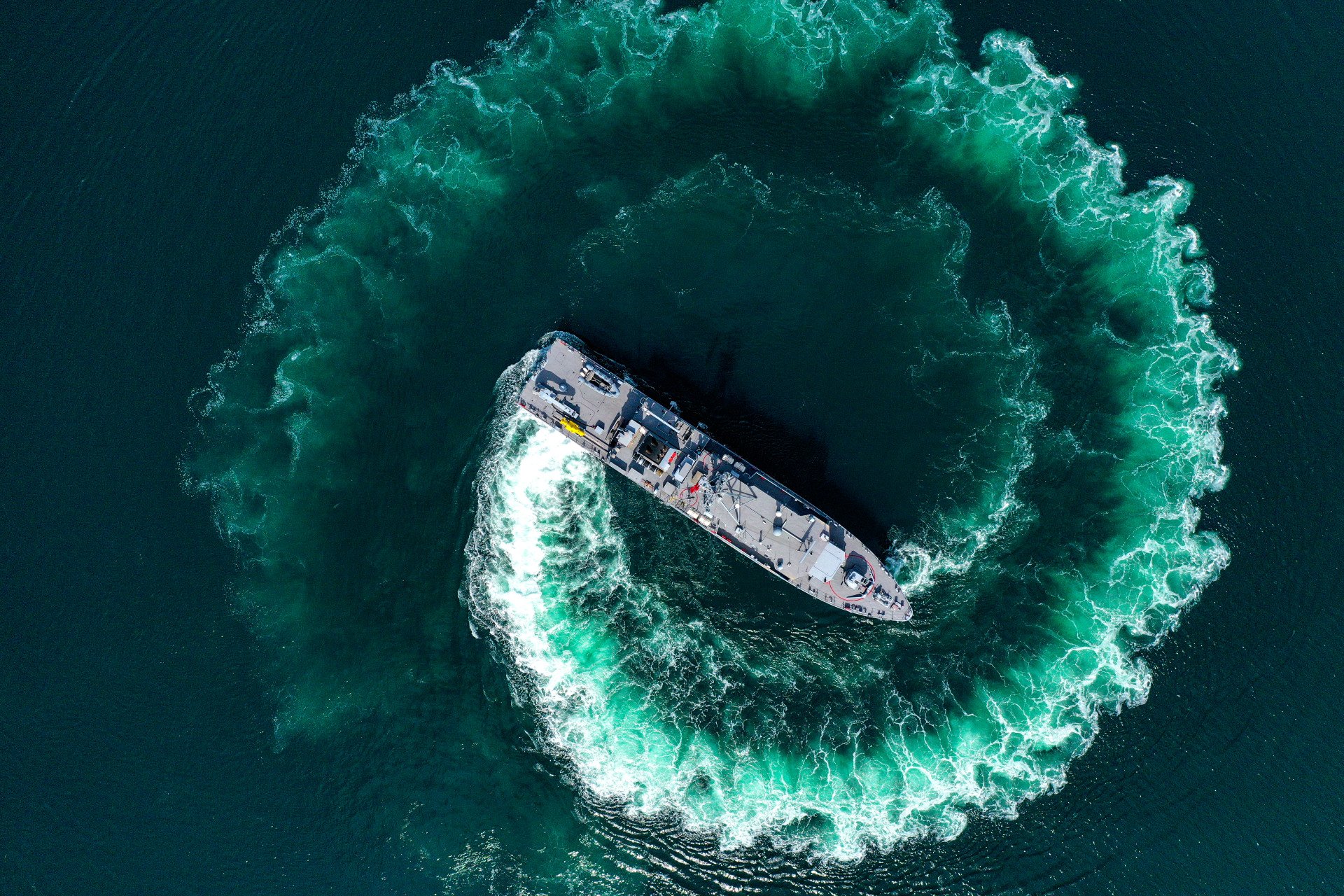
Mines from Russia's invasion of Ukraine have turned the Black Sea into a hazardous area. Despite its strategic importance and three bordering NATO countries, there’s still a lot to be done to demine the waters.
Huge support for Ukraine resulted from last week's NATO Summit in Washington. The alliance announced a new 40 billion dollar aid package to Ukraine by 2025 as well as a newly appointed NATO representative who will be based in Kyiv and tasked with coordination between Ukraine and the alliance.
But one item was left off this year's docket: demining the Black Sea. Unmarked and untethered mines resulting from Russia’s full-scale invasion of Ukraine have become a hazard not only for Ukrainian grain exports but also for civilian and military vessels traveling from its three neighboring NATO countries.
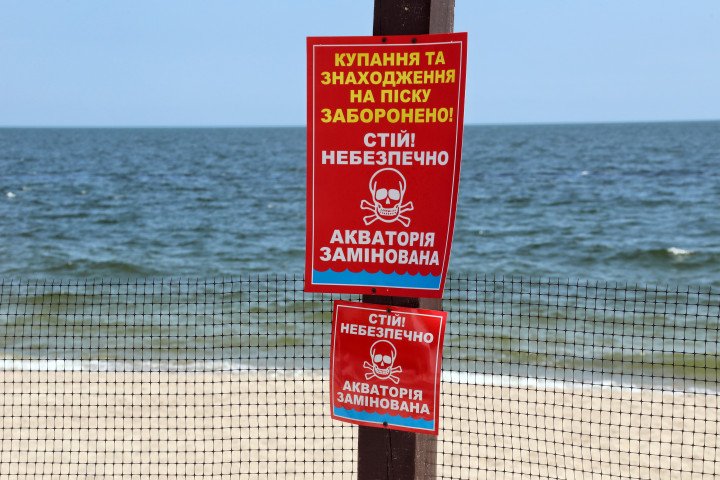
On July 1st, Bulgaria, Romania, and Turkey began demining the Black Sea, marking the first effort of its kind since Russia launched its full-scale invasion.
The Black Sea
The Black Sea lies between Europe and Asia, stretching some 168,500 square miles. It is twice the size of the Great Lakes in the United States and three times the size of the Adriatic Sea. The sea shares its shoreline with Turkey, Bulgaria, Russia, Georgia and Ukraine. It has been a battleground of some of the most important wars of the last 200 years, including the Crimean War, World War One, World War Two, and now Russia’s full-scale invasion of Ukraine.
Russia has planted naval mines in the waters of the Black Sea since the start of the full-scale invasion. After more than two years of full-scale war, the waters are now contaminated with mines. Many of them have come loose from their tethers, and several civilian ships, as well as neighboring countries’ military vessels, have accidentally hit these floating killers.
With former routes no longer safe or viable—and with Russia pulling out of the Black Sea Grain Deal—ships have had to seek an alternate course, and Ukraine had to establish a new route. The new emergency corridor hugs the western coastline of the sea. What was intended as a temporary humanitarian aid corridor became the trade corridor, prompting Turkey to form the Black Sea Mine Countermeasures Task Group.
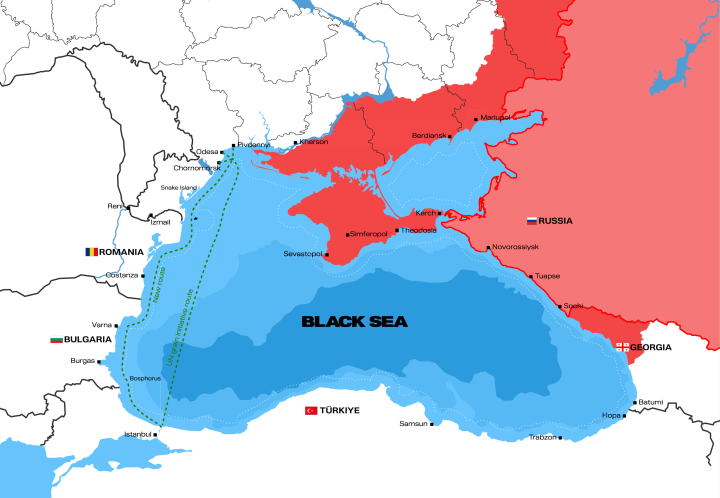
Turkey's role
Turkey first proposed the Mine Countermeasures Task Group (MCM) in August 2023, and Romania and Bulgaria formally signed the agreement in January 2024.
Turkey, which presides over the Strait of Bosphorus linking the Black Sea to the rest of the world, has played a large role as an intermediary since the launch of Russia’s invasion. With the help of Ukraine and the United Nations, it brokered the Black Sea Grain Initiative with Russia in 2022 (commonly called the “Grain Deal”). The deal allowed grain exports—albeit less than 1/20 of Ukraine’s prewar exports—to leave Ukraine. The deal was ultimately sabotaged by Russia. However, cooperation between Ukraine and NATO created another avenue for exports—the Grain Corridor.
In the following months, Ukraine made huge military gains in the waters, meaning Russia's Black Sea Fleet no longer controls the sea. This paved the way for the possibility of resuming pre-war trade routes. But Ukraine and its NATO neighbors face a new challenge—demining the Black Sea. To combat the issue, Turkey has formed the Black Sea Mine Countermeasures Task Group.
The establishment of the task group is widely considered a step in the right direction. The demining initiative will "help improve interaction and good neighborly relations between the participants, without replacing NATO's presence and ongoing deterrence and defense activities in the Black Sea area,” Bulgaria's Defense Ministry said.
International support
While the United Kingdom has not formally joined the demining task force, it is hosting training operations to help the Ukrainian Navy in its demining efforts. One such operation, called Sea Breeze, ran from June 24th to July 5th off the coast of northern Scotland. The training was intended to combat the challenges that mines pose for maritime safety and security, global food security, and commerce, according to NATO.
The exercise was led by the US 6th Fleet and the Ukrainian Navy. It was hosted by the Royal Navy and involved NATO and international personnel from Bulgaria, Estonia, France, Georgia, Germany, Greece, Japan, Poland, Romania, and Sweden.
Operation Sea Breeze used the German flagship FGS Donau, the French ship FS Céphée, and the Estonian ship ENS Ugandi. They were joined by the Ukrainian ships Cherkasy and Chernihiv, originally Royal Navy minehunters donated by the UK.
“This exercise not only showcases the operational capabilities and readiness of the participating forces but reinforces the international community’s unwavering support for Ukraine. As Sea Breeze 2024 unfolds, it will undoubtedly strengthen maritime security and foster deeper cooperation among NATO Allies and Partners,” said NATO.
However, the minehunting ships will not be able to demine the Black Sea soon. Turkey has blocked the passage of the two vessels, citing the Montreux Convention in fear of escalation. The convention, signed in 1936, states that Turkey can block passage to any military vessel during times of war.
NATO’s Black Sea policy
In order to properly demine, a large quantity of resources will be needed, more than Bulgaria, Romania, and Turkey can provide on their own. In 2022, NATO categorized the Black Sea as an Area of Strategic Importance, yet it has not announced any policy surrounding demining it thus far.
The challenges posed by maritime mines for NATO countries highlight the potential future risks associated with inaction regarding Russia. As mine fragments reach NATO shores, it is clear that Russia's actions are affecting the broader region.
Banner image: An aerial view of Turkish Navyâs minesweeper ship belonging to Turkish Navy Mine Squadron Command. (Source: Getty Images.)
-fca37bf6b0e73483220d55f0816978cf.jpeg)
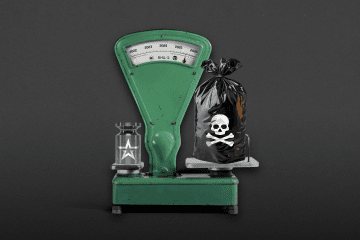
-29a1a43aba23f9bb779a1ac8b98d2121.jpeg)
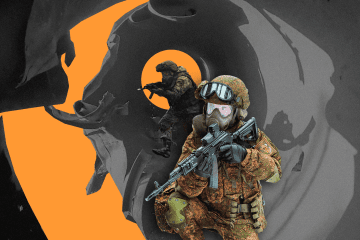
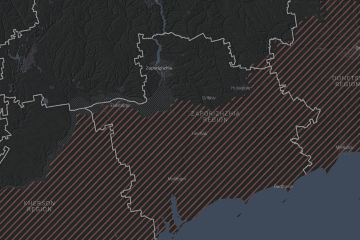
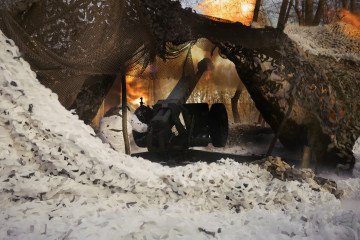
-0666d38c3abb51dc66be9ab82b971e20.jpg)